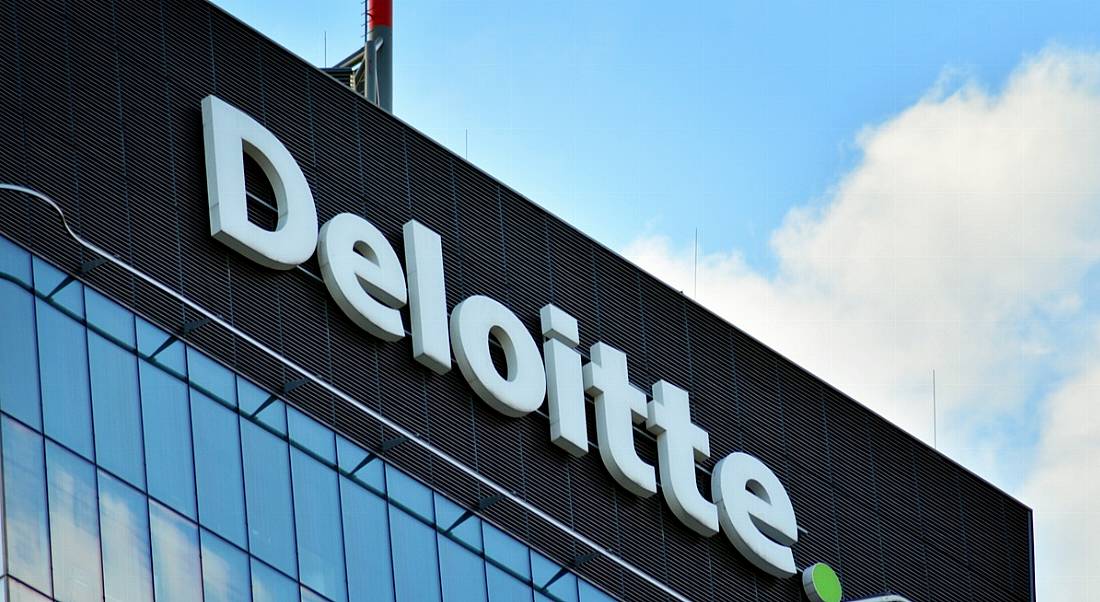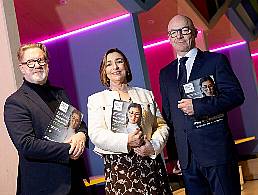Deloitte’s 2018 Irish Human Capital trends report surveyed more than 11,000 business and HR leaders to see what they are prioritising in the quest to be a truly social enterprise.
There are a myriad of strong, competing forces shaping the workplace of the future, and it’s a lot for the HR professionals of the world to contend with.
What should those working in human resources prioritise?
While many have tackled the question previously, Deloitte took it upon itself to survey more than 11,000 business and HR leaders across 140 countries, including 212 individuals from Ireland, to see how they are responding to emerging trends that will be essential to generating ‘social capital’, a newly important form of capital for the changing modern market.
People’s Republic of Data
Among Irish professionals, the most important trend is what the survey calls ‘people data’. Analysing this data brings with it both great opportunity – the chance to use this data to better hire, manage, retain and optimise the workforce – and great risk, from a data ethics and security perspective.
‘Data risk’ has become near synonymous with GDPR, better known as the scariest acronym in the business and tech sphere right now.
While 52pc of Irish organisations regard this people data as “very important”, only 8pc feel “very ready” to deal with the challenges it brings.
There also seems to be a disparity between the level of excitement about the potential of people data and perceived ability to capitalise on the data – a mere 4pc of those surveyed indicated that their organisation has predictive analysis capabilities and more than a quarter (26pc) describe their organisation’s abilities as “advanced”. For the majority of respondents (63pc), their capabilities are limited to purely “operational reporting” such as “cost, utilisation and compliance”.
The simultaneous opportunity and risk associated with people data will necessitate, the report concludes, increased collaboration with IT departments, as well as the implementation of proper protections to track privacy issues and regulatory changes.
Other trends on the HR radar
The effects of digital on the shifting priorities among HR professionals cannot be understated. One of the most popular trends among Irish professionals, dubbed ‘symphonic C-suite’, indicates that a turning point has arrived in how C-suites must operate; it is no longer sufficient for C-level function experts to operate independently.
Digital disruption and an increasingly competitive business environment have forced organisations to become more collaborative, agile and networked.
Technology has also enabled workplaces to become ‘hyperconnected’ as Deloitte puts it, no longer limited by the boundaries of distance or office hours.
Yet it’s not a one-size-fits-all scenario, and the report notes that HR professionals will need to be judicious in determining which tools will best serve the needs of their organisations, considering such factors as formality of communication, team structure and company culture.
Different sector priorities
Different sectors highlighted different things as being a primary concern among HR communities.
The financial sector, for example, sees the achievement of the symphonic C-suite as most vital to success.
Meanwhile, life sciences companies in Ireland, many of whom are US imports setting up shop on Irish shores, prioritise wellness programmes and encouraging connectedness among employees across the globe.
You can view the report in full here.
Deloitte sign in Warsaw, Poland. Image: Grand Warsawski/Shutterstock.




